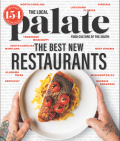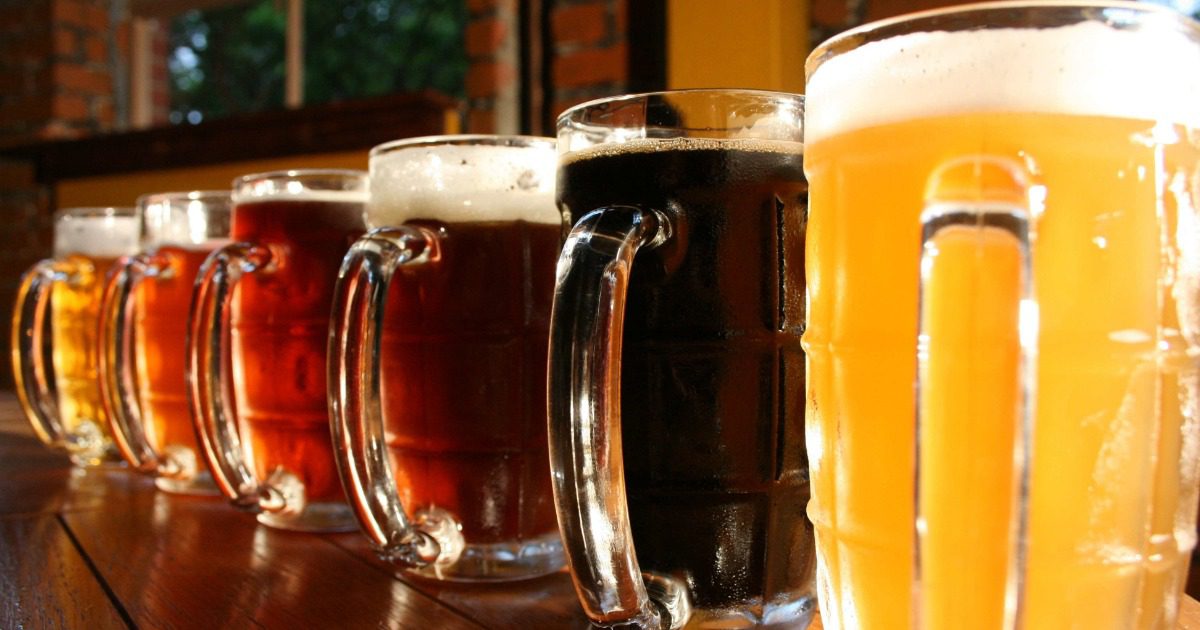It’s not a stretch to say that many American takes on the popular Oktoberfest come as an excuse to imbibe and eat bratwursts. While Germans traditionally observe the annual festival during the two weeks leading up to the first Sunday in October, local versions adapt Oktoberfest to apply to any and every fall festivity.
It’s all good fun, sure—the festbier, lederhosen, and pretzels—but the stereotypes limit knowledge of the variety that German cuisine actually offers. Chef Brittanny Anderson, however, of Metzger Bar & Butchery and Brenner Pass in Richmond, Virginia, is changing that. Her masterful presentations of German and Alpine cuisine call upon fresh seafood and simple preparations that challenge the predictable beer-and-bratwurst fare.
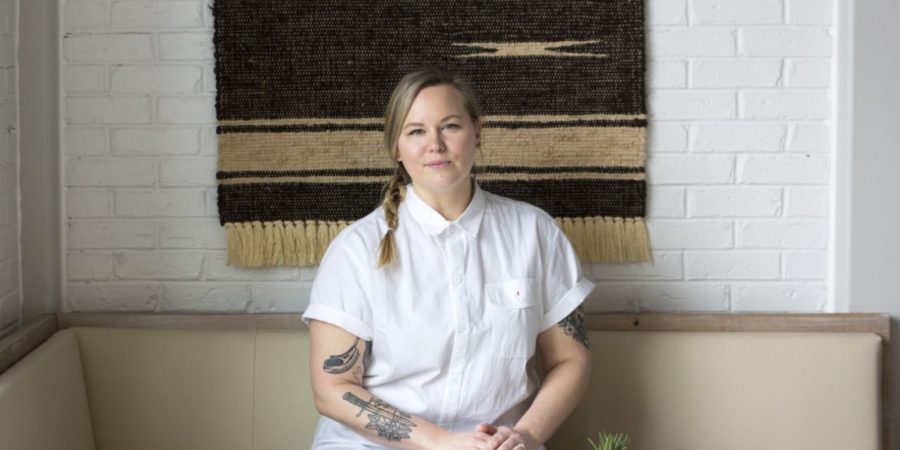
TLP caught up with Anderson to learn a bit about authentic Oktoberfest traditions, how she celebrates at home, and the fare that inspires her festive spirit.
BRITTANNY ANDERSON TALKS TRADITION
The Local Palate: Your restaurants each channel either German or Alpine styles, both in their aesthetics and on the menus. What parts of your culinary and/or personal background have helped inspire this?
Brittanny Anderson: I’m not really German or Alpine (as far as I know!), which throws people off sometimes, but I have a great love of the food and beverages from those regions and always felt connected with them through my love of cheese, butchery, and beer! I feel very lucky to have gotten to spend a lot of time in those places learning about the food traditions, and I just wanted to share them here in my hometown of Richmond, Virginia!
TLP: Traditionally speaking, when and how is Oktoberfest commonly observed in Germany?
BA: Traditionally, Oktoberfest is celebrated in Munich in mid-September through the first Sunday in October and has been since 1810. What started as a wedding festival for King Ludwig has become a huge celebration of traditional folk music, beer, and food! Only six breweries are allowed to produce traditional Oktoberfest beers at the festival, and over 6 million people attend to taste them.
TLP: What foods and drinks are most often associated with the festivities in Germany, and are they different than what we often expect at American “Oktoberfest” celebrations?
BA: I think a lot of people in the United States assume all German foods, and especially Bavarian foods, are heavy and pork focused. Which, to be honest, sometimes they are! However, there are way more interesting options available than the go to’s, like schweinhaxe, schnitzel, and sausages. Some of my favorites are obatzda, a creamy and tangy cheese spread; Steckerle, a marinated and grilled skewered fish; and halbes hendl, brined roast chicken.
TLP: Are you planning to/or did you observe Oktoberfest at your restaurants? If so, how? Did it include any special dishes or menus?
BA: We often throw large Oktoberfest parties at Metzger, our smaller German-focused restaurant, but since the pandemic, we have had to celebrate in smaller ways.We love to be the first in town to highlight all the beautiful German Oktoberfest beers and marzens, and we always throw some classic Oktoberfest specials on the menu throughout the month. One dish I created years ago and we love to serve is oysters lubeck. It’s not traditional, but we think it brings together classic German vibes with Virginia oysters, and that’s what we are all about! You can always find schnitzel and obatzda on our menu any time of year!
BRITTANNY ANDERSON’S OKTOBERFEST RECIPES
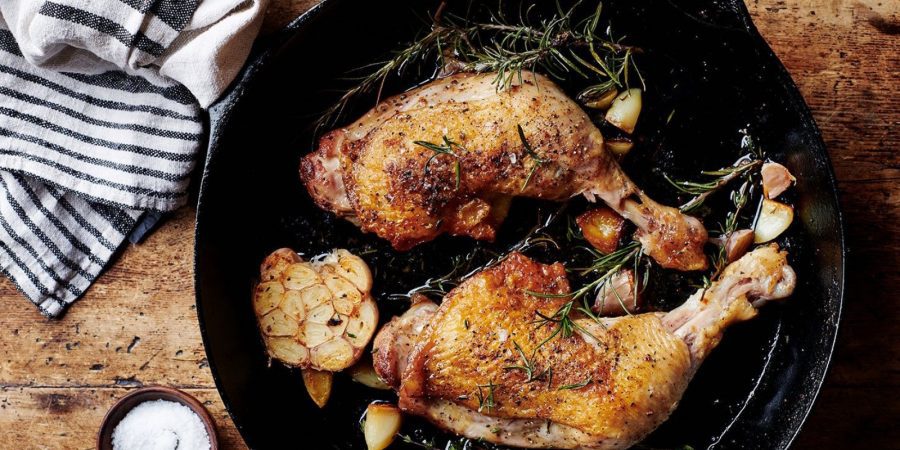
Beer-brined roasted chicken
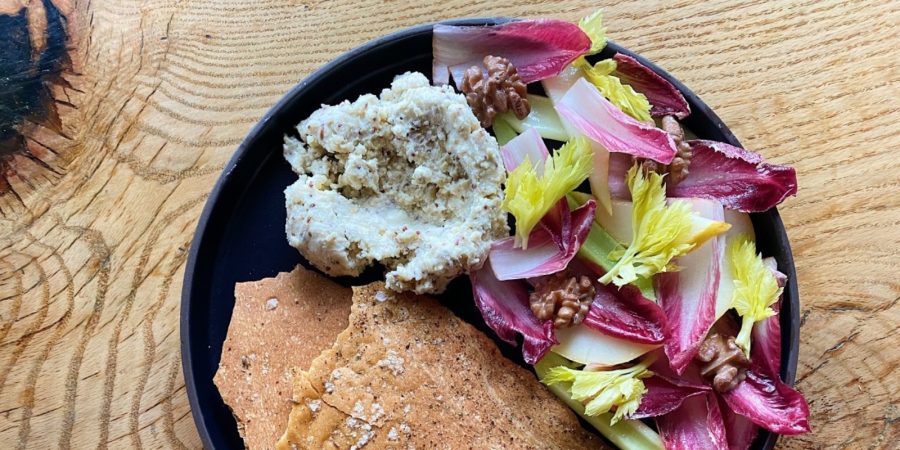
Alpine cheese spread
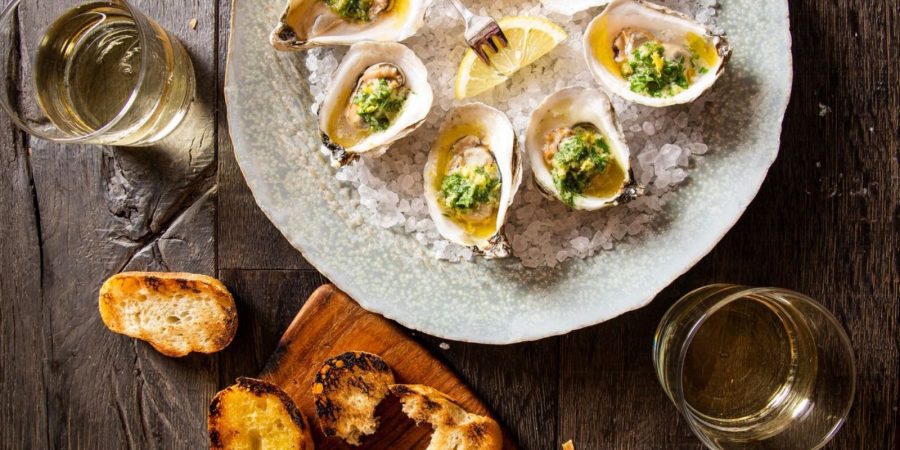
share
trending content
-
6 Things to Do Beyond Golf in Pinehurst
by TLP's Partners -
Charlottesville, Virginia Named Wine Region of the Year
-
A New Home for Lazy Betty
by Lia Picard -
Will Travel for Southern Food
by TLP Editors -
In the Spirit: Never Say Die Bourbon
by Amber Chase
More From In the Field
-
From Pop-Up To Brick-and-Mortar
-
The Return of the Lynnhaven Oyster | Listen
-
What’s On the Horizon for 2024
-
Sorelle: La Dolce Vita in Vogue
-
Keya and Co. Turning Sadness into Sugar
